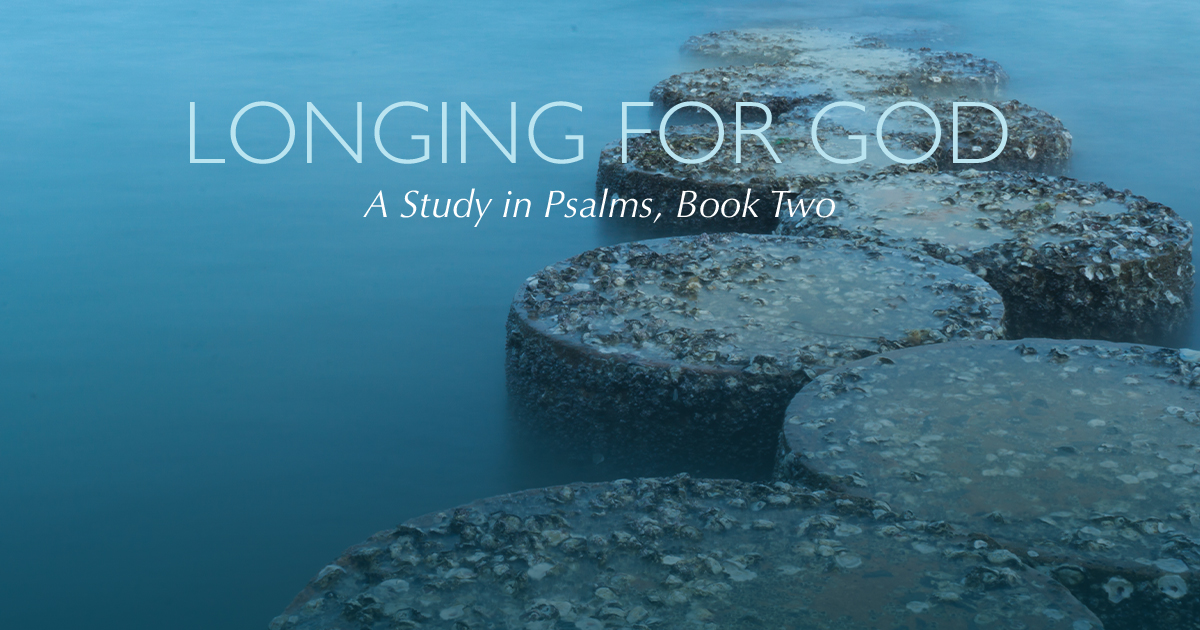

Your Prodigal Heart | Today with Dr. Mark Jobe
- October 2020 Issue
Maybe you’ve never considered yourself a prodigal. On the surface, everything seems okay. You read your Bible and spend time in prayer. On Sunday, you go to church.
You haven’t run anywhere, but your heart is far away. When we live with unconfessed sin, we feel separated from God’s presence and lose the joy of our salvation. There’s no worse place to be than to have tasted the power of God, to have been born again, but to be living in the midst of sin. The prodigal allows sin to take hold, resisting what God wants to do. Maybe we think that if we let Him in, we’ll have to stop what we’re doing or do something we don’t want to do.
David wrote Psalm 51 after the prophet Nathan confronted him about serious sins in his life: murder and adultery (2 Samuel 12). Once called a “man after God’s own heart” (1 Sam. 13:14), David was far from God. But Psalm 51 was David’s cry of repentance: “Have mercy on me, O God” (v. 1). David had stopped the deception. He acknowledged his sin, saying, “I know my transgressions, and my sin is always before me” (v. 3).
Like David, we must admit our sin: “Against you, you only, have I sinned and done what is evil in your sight” (v. 4). God wants our heart to be contrite and broken before Him—willing to change and be restored. We come to Him humbly, asking, “Create in me a clean heart” (v. 10).
The act of repentance is marked by longing. We long for the guilt to be removed. We want freedom, restoration, and renewal. The incredible news is that when we do confess and repent, the Bible teaches that “he is faithful and just and will forgive us our sins and purify us from all unrighteousness” (1 John 1:9). Nothing we do has that same effect; God alone has the power to “cleanse” and “wash” us (v. 7). The result is liberating, life-changing.
A repentant heart is like a once clogged fountain that now runs freely. We discover that our heart once again overflows with joyful worship, just as David does: “My tongue will sing of your righteousness” (v. 14). What about you? Do you have a prodigal heart? Return, repent and receive God’s forgiveness today.




